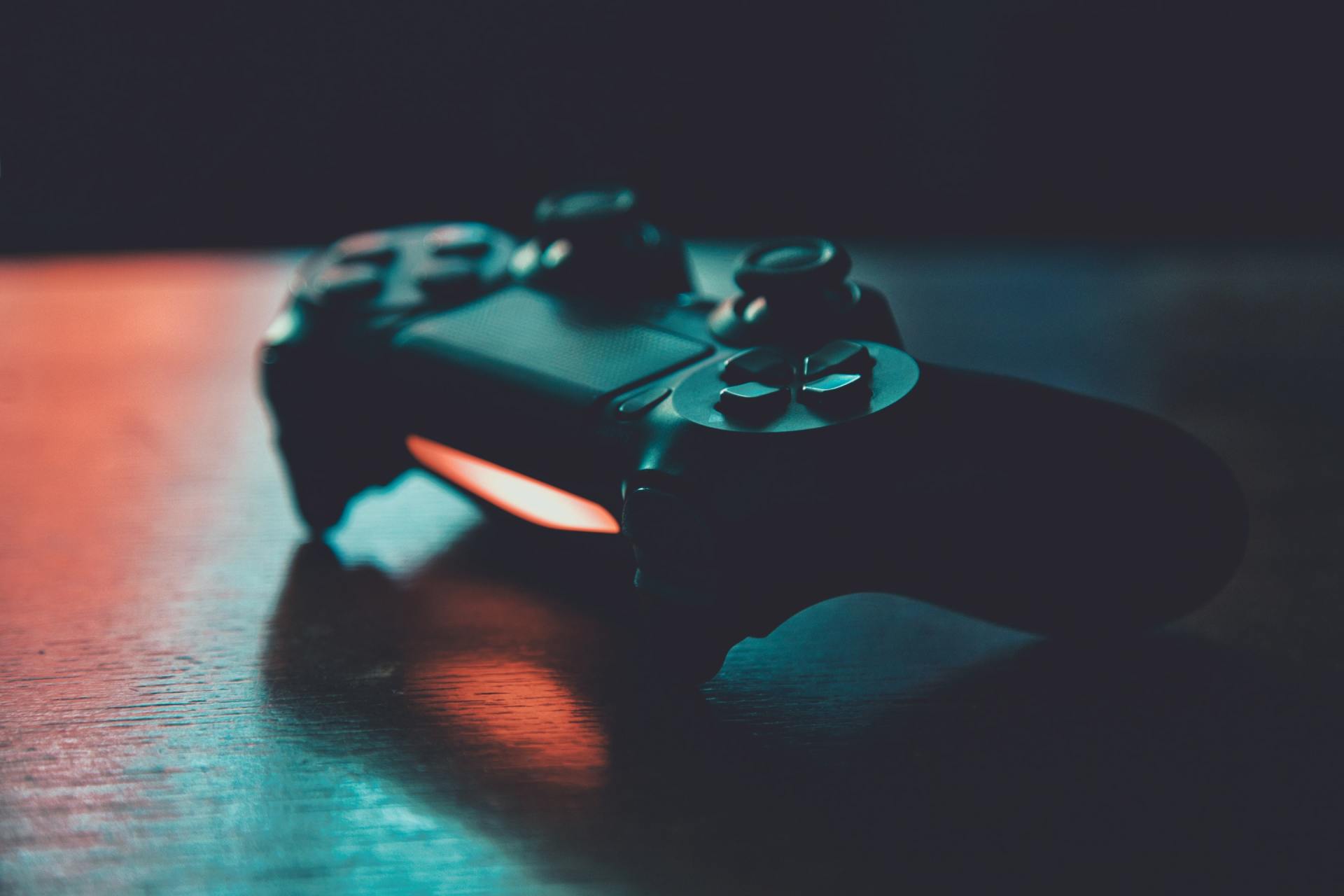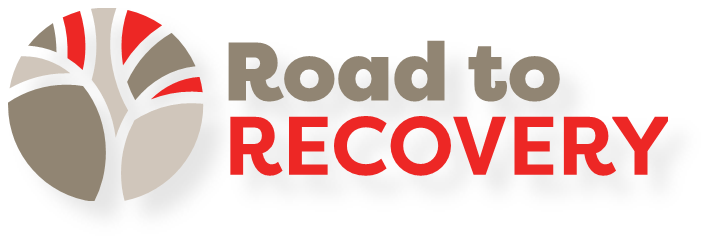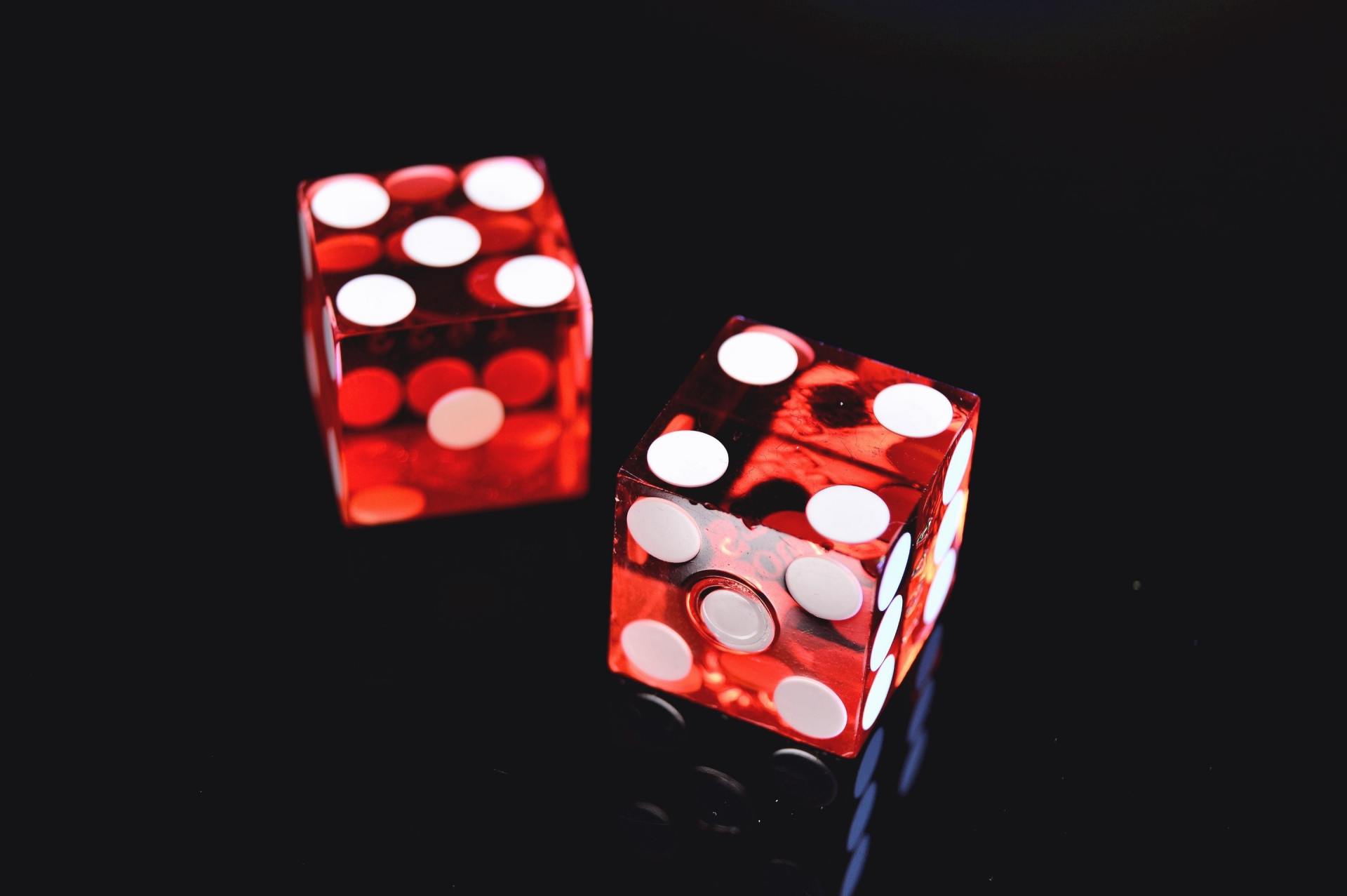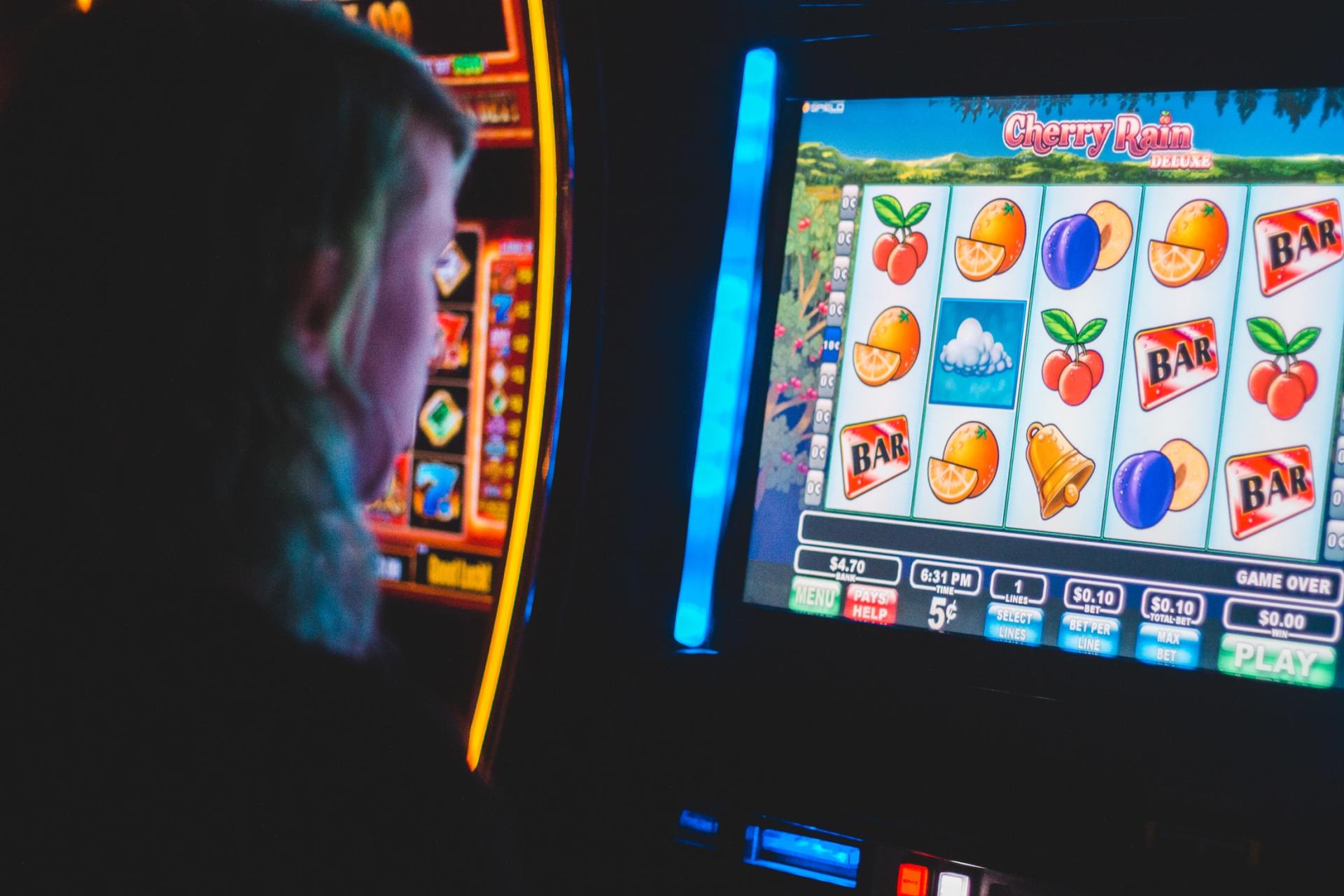Blog Layout
5 Questions & Answers on the Dangers of Too Much Video Game Screen Time
Jun 05, 2020

5 Questions & Answers on the Dangers of Too Much Video Game Screen Time
On the heels of COVID-19, we’re all spending more time at home. In some households, that means spending more time with family and baking banana bread - but it also means a likely increase in screen time and online gaming.
While online gaming can be an entertaining recreational activity, when does it start to become problematic? We’ve asked the experts about the five things you’ll need to know.
Q: What is gaming addiction?
A:
“Gaming addiction operates in much the same ways of other addictions,” says Tana Russell, Assistant Director, Evergreen Council on Problem Gambling. “Whether it’s to a substance – alcohol, tobacco, drugs, or gambling – these types of addictions change our brain chemistry and can prioritize playing online games as more important than food, sleep, and physical activity.”
This type of addiction can also cost financially, despite the free-to-play price tag. “As many have wondered to themselves, ‘how is a free-to-play game costing so much?’” asks Russell. “There’s a lot of different ways that can happen. There are loot boxes which cost money and there’s a random chance element, very much like gambling within games.”
Like we see with drug and alcohol addictions, many with a gaming addiction will also develop negative side effects, such as withdrawal symptoms and cravings when they’re not gaming and are struggling to cut back. “That’s a sign that maybe there’s a bigger problem there and they need some help,” says Russell.
Q: What amount of screen time is too much – especially during a pandemic?
A: Although research indicates that no more than two hours of screen entertainment is ideal, “it’s really important that we be patient with ourselves and we understand that we probably are all going to be using screens for entertainment more now,” Dr. Hilarie Cash, co-founder of reSTART Life
tells New Day Northwest.
Q: What can we do at home to protect against developing a gaming addiction?
A: “What’s important is that it not become the new normal. When this time has passed, we can return to sensible limits,” she advises. “Each family has to work out for itself through discussion and negotiation, what the daily routines need to be, when is entertainment on screens going to be allowed, and making sure they get turned off an hour or two before bedtime.”
Q: For children, what are the negative effects of gaming addiction?
A: Unlike those with drug and alcohol addictions, those with internet and gaming addictions often start at a younger age. “Gamers are getting involved with video games when they are two, three, four, five, six years old. The impact on child development is actually much more profound,” says Cash.
The impacts include social intelligence and the ability to really understand social situations. “Many of the folks that come to us {reSTART Life} are delayed in their social development because they spent too much time isolated in front of a screen,” notes Cash.
“They tend to be socially avoidant and often very dependent, not wanting to go out into the world very much, because they’ve just spent too much time on screens and not enough time developing their other skills.”
Q: What are the treatment options and do they work?
A: hroughout not only Washington but across the country, there are residential and transitional treatment programs available. “There are services available online that can be accessed even in the time of a pandemic. There are support groups, online groups, a helpline which is open 24/7, and a lot of providers are doing virtual services,” says Russell. Here are some of them:
- reSTART Life, addiction treatment for video games, screen time, and internet gaming.
- Evergreen Council on Problem Gambling, a non-profit organization dedicated to the community through gambling addiction treatment and support.
- Recovery Cafe, a program providing community members long-term recovery support and the tools they need to develop and maintain healthy habits to fulfill their potential.
- Help and information are available at the 24-hour, toll-free Washington State Helpline: call or text 1-800-547-6133.
- Other resources include: ScreenStrong by Families Managing Media; Common Sense Media; eCenter on Media and Child Health; Real Battle Ministries
“We see adolescents that just come in angry, depressed, anxious, bitter at their parents because their parents sent them to reSTART”, says Cash. “We hear from the families later that the kids are doing well, they’re very successful, they’ve graduated high school, they’ve got into college, they are getting along with family, so, yes, treatment is available, and it works.”

01 Apr, 2020
For many, gambling is a fun form of recreation and entertainment. In many cultures, traditional forms of gambling preceded the gambling we know today. From stick games, or bone games, that have specific cultural meanings and purposes in Native American cultures to Mahjong and card games in Asian communities, gambling has been a part of our lives. In fact, it’s more than just fun and games - it serves as a way to bring these communities together. Many cultural factors influence gambling, notions of luck, and social aspects in different cultures. “It’s very much ingrained in our culture,” certified problem gambling counselor Sarah Sense-Wilson tells New Day Northwest of Native American gambling culture. “When you look at the modern-day, we have casinos and different gaming venues where our communities gather for a variety of purposes, and generally it’s a hub for our communities, from funeral services, elections, elder gatherings, and conferences.” It’s not much different in Asian communities as well. “In our community, we tend to be more superstitious,” Victor Loo of Asian Counseling and Referring Services tells New Day Northwest. “In general, when Asian immigrants come to this country, we don’t speak the same language. When you go to a casino, that becomes a universal language.” While cultural gatherings mesh well with gambling and gaming, it can quickly become a problem for some. In fact, Loo notes that in the Asian community, the prevalence of problem gambling can be as high as 60 percent.

20 Mar, 2020
Office pools for the Super Bowl and office brackets for the NCAA March Madness tournament seem harmless on the surface - and it is for most. But the reality is that more than two million Americans meet the qualifications of gambling addiction, and another four to six million are considered problem gamblers, according to the National Council on Problem Gambling ( NCPG ). “This can be a really hidden addiction, so there’s nothing that may be obvious in terms of a hangover,” says Certified Problem Gambling Counselor Brad Galvin. “Often, it’s much more subtle. That’s why it’s so important for us to be focusing on this.”
© 2024
All Rights Reserved





